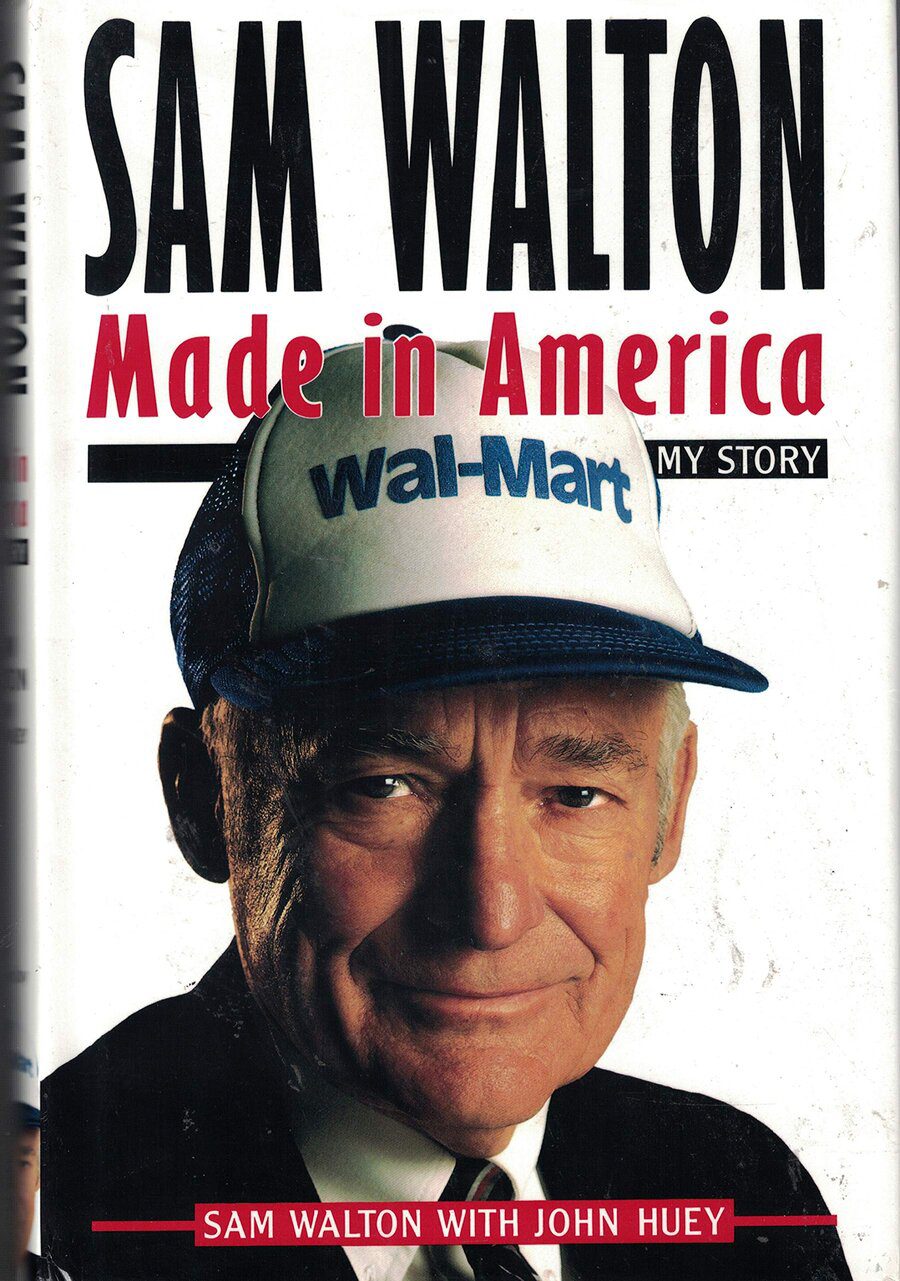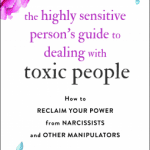“It marks a big step in your development when you come to realize that other people can help you do a better job than you could do alone.” – Andrew Carnegie
One of the recurring factors I found attributed to the success of great men and women is the value of luck. The luck of who (people, family, friend, partner, spouse, mentor, boss), where (environment) and their ability to seize the day when the opportunity presented itself. Luck they say is when opportunity meets preparedness. These individuals were at the right place at the right time. The best-selling author of Good to Great, Jim Collins talks about the concept of “Who Luck”. In a Knowledge Project Podcast session with Shane Parish, Jim said:
People think about luck as kind of “what” luck but I’ve had great “who” luck in my life. And “who” luck is when you come across somebody who changes your trajectory or invests in you, bets on you, gives you guidance and key points.
“Who” luck is when you come across somebody who changes your trajectory or invests in you, bets on you, gives you guidance and key points.
Author and Motivational speaker Jim Rohn often said : “You are the average of the five people we spend the most time with.” Birds of a feather flock together. Your network eventually affects your networth. You hang around successful people, you have the tendency of becoming successful and if you hang around unsuccessful people, you have the tendency of becoming unsuccessful. Who you associate with matters a lot, as you begin to attract their work ethic, routine, mannerism, personality etc.
“You are the average of the five people we spend the most time with.”
Social Psychologist Dr. David McClelland of Harvard University, calls the people with whom you habitually associate with “Your Reference Group”. According to his research, these people determine as much as 95 percent of your success or failure in life.
“Your reference point determine as much as 95 percent of your success or failure in life.”
Ovarian Lottery – Warren Buffet
Warren Buffet likened the who luck to winning the ovarian lottery. In his 1997 Berkshire Hathaway Shareholders Meeting Letter, he remarked:
“You don’t know whether you’re going to be born black or white. You don’t know whether you’re going to be born male or female,” he remarked. “You don’t know whether you’re going to be born infirm or able-bodied. You don’t know whether you’re going to be born in the United States or Afghanistan.” The ovarian lottery is “the most important event in which you’ll ever participate. “It’s going to determine way more than what school you go to, how hard you work, all kinds of things.”
The ovarian lottery is going to determine way more than what school you go to, how hard you work, all kinds of things.
In The Snowball: Warren Buffett and the Business of Life, a biography on Warren Buffet written by American author Alice Shroeder. She quoted Buffet as saying:
“When I was a kid, I got all kinds of good things. I had the advantage of a home where people talked about interesting things, and I had intelligent parents and I went to decent schools. I don’t think I could have been raised with a better pair of parents. That was enormously important. I didn’t get money from my parents, and I really didn’t want it. But I was born at the right time and place. I won the ‘Ovarian Lottery.“
American business executive, former president and CEO of the internet services company Yahoo!, Carol Bartz shared the same sentiment on hanging with the right crowd. In her 2012 University of Wisconsin Madison Commencement Speech, she said:
A good network can take you down. A bad network can take you down. A good network can give you inspiration and ideas. So hang with the right people.
OK. First, hang with the right people. That’s always been true, but it’s even more important in this open world of social networks. Networking was once considered a very self-conscious way to get ahead. It meant passing out business cards, but your social network is very, very important to you as you move through your career. A good network can take you down. A bad network can take you down. A good network can give you inspiration and ideas. So hang with the right people.
American Businessman and Politician Micheal Bloomberg, in his autobiography Bloomberg by Bloomberg, writes:
If I had not gotten thrown out of Salomon Brothers, I’d never have founded our company. If I’d been thrown out later, the opportunity to compete against those distracted growing giants would have been less, and our success would probably have been diminished. Suppose I hadn’t been accepted at Johns Hopkins or Harvard Business School, or met Sue, or found just the right people to work at Bloomberg, or had the same college friends, or safely landed that helicopter or that plane. My life would be very different.
Suppose I hadn’t been accepted at Johns Hopkins or Harvard Business School, or met Sue, or found just the right people to work at Bloomberg, or had the same college friends, or safely landed that helicopter or that plane. My life would be very different.

Work hard. Share. Be lucky. Then couple that with absolute honesty. People are much more inclined to accept and support someone they think is “on the level.” We all will forgive if we don’t question the intent. And never forget the biblical admonition, “Do unto others as . . .”
In his 2013 University of Western Australia commencement speech, Australian Comedian Tim Minchin delivered a thought-provoking speech titled: “9 Life Lessons”. The third lesson was on luck – Remember, It’s All Luck :
You are lucky to be here. You were incalculably lucky to be born, and incredibly lucky to be brought up by a nice family that helped you get educated and encouraged you to go to Uni. Or if you were born into a horrible family, that’s unlucky and you have my sympathy… but you were still lucky: lucky that you happened to be made of the sort of DNA that made the sort of brain which – when placed in a horrible childhood environment – would make decisions that meant you ended up, eventually, graduating Uni. Well done you, for dragging yourself up by the shoelaces, but you were lucky. You didn’t create the bit of you that dragged you up. They’re not even your shoelaces.
Understanding that you can’t truly take credit for your successes, nor truly blame others for their failures will humble you and make you more compassionate.

In his Autobiography: Made in America, American Entrepreneur and founder of Walmart writes about the close proximity syndrome. He writes:
“It was always interesting to me that, except for those folks who worked in our company, our stock got very little support early on from the folks right here in northwest Arkansas. I always had the feeling that the people around here who remembered us when we had one store and three stores, or remembered me when I was president of the Rotary or the Chamber of Commerce, somehow thought we were doing it with mirrors. They couldn’t help but think we were just lucky, that we could not continue long term to do as well as we have done. I don’t think it was anything peculiar to this part of the country or me or anything like that. I think it must be human nature that when somebody homegrown gets on to something, the folks around them sometimes are the last to recognize it.”
“I think it must be human nature that when somebody homegrown gets on to something, the folks around them sometimes are the last to recognize it.”
Who Luck is a kind of luck we all need to achieve our goals and aspirations. It might be through someone betting on us, marrying to a great family, working for a great boss, meeting and starting a company with a strategic partner or co-founder. When the opportunities come around there won’t be time to prepare.
All the Best in your quest to get Better. Don’t Settle: Live with Passion.



Comments are closed.